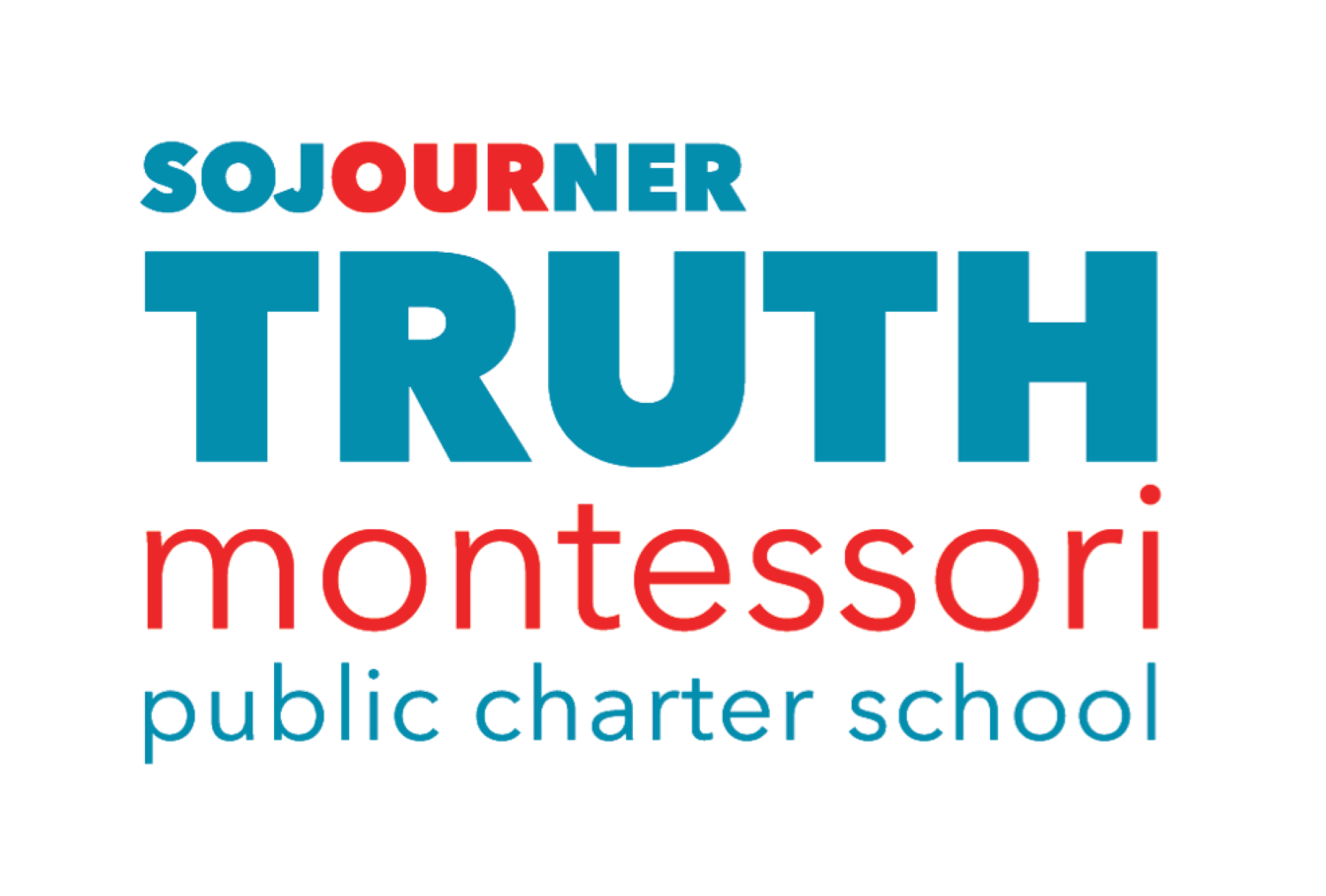Truth’s approach to middle and high school follows three key principles:
Extended, self-directed learning blocks
Daily self-directed work time in multi-age pods with a Humanities and STEM Guide
Personalized and student-driven goal setting and monitoring
Supports self-management, social awareness, and other social-emotional skills
Mentors for every student
2. Meaningful work with real-life application
“Enterprises” offer opportunities for middle school students to participate in a real micro-economy
Passion Projects provide meaningful choice and deep engagementWeekly, off-site internships for high school students promote work-based learning and provide opportunity for interdisciplinary projects completed for and in professional workplace
3. Deliberate design of the learning environment
Diverse workspaces that support specific types of engagement
Authentic artifacts that encourage curiosity and exploration
Curriculum that prioritize mastery, identity, and creativity
Space, structures, and systems that promote autonomy, maturity, and work management
Practical experience that support student career development
Truth’s teaching method stimulates students’ natural curiosity about the world and provides a carefully constructed environment to ignite their natural drive to learn. Students, teachers, and parents work together to make Truth a strong community of adults and teenagers who respect each other. We provide an opportunity to contribute to a real micro-economy by engaging directly in a hands-on work enterprise in middle school and then with off-site internships in high school.
Truth middle students attend STEM and Humanities sessions each day and also have blocks of personalized learning time with a small advisory cohort facilitated by a mentor guide. Academic units are explored in 5-week terms, and students engage in one passion-project per term that is then presented to families and the rest of the school community during our Passion Project Fairs.
Personalized competency-based learning
Student work is assessed with a skill-specific competency rubric that gives students and their families specific, detailed feedback on student strengths and also distinct areas to target for growth. To support holistic development, this feedback is provided not just for traditional academic skills but also for skills such as goal-setting, cultivation of joy and self-worth, and fulfillment of responsibilities. In addition, parents are given the opportunity each term to work with their student’s mentor to identify a personal and individualized goal - academic, social, or otherwise - to monitor for growth over the next five weeks and then to appear on the next report card.
If you have any questions or if you are interested in more information, please submit a contact request. We look forward to hearing from you!






